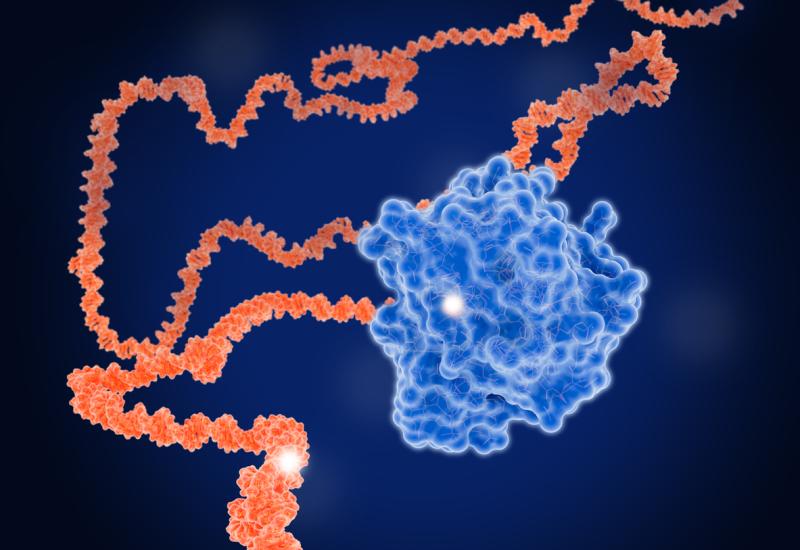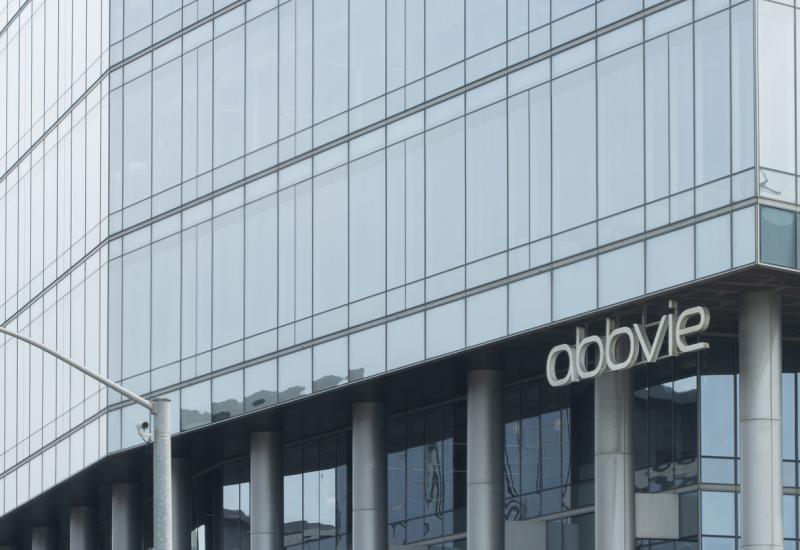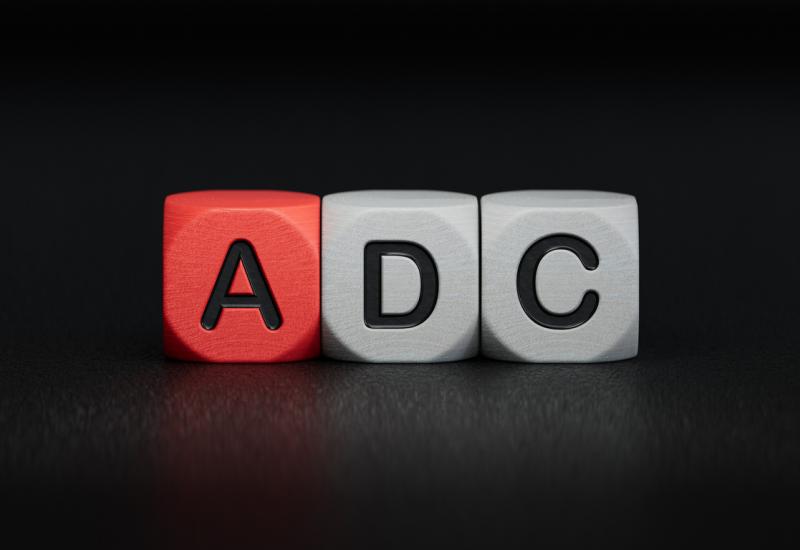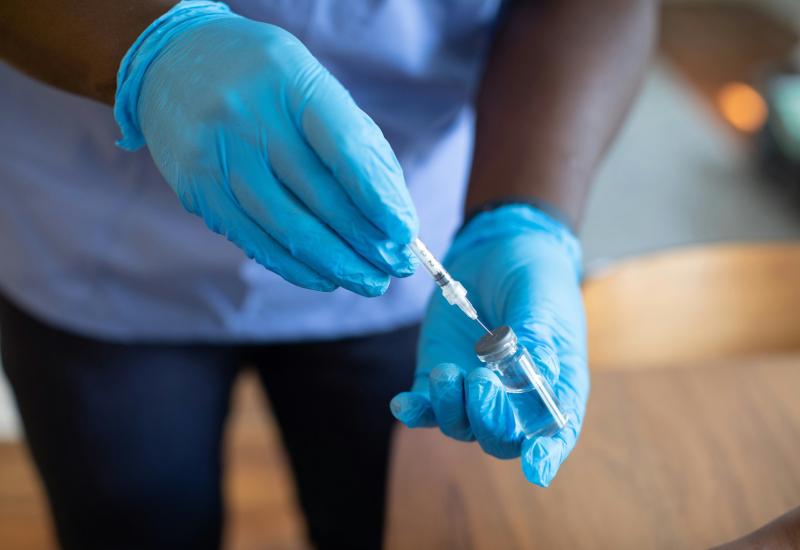
HengRui presses on in HER3, despite Merck’s failure
The Chinese group will soon start a pivotal trial of its ADC ruza-can in first-line NSCLC.
The Chinese group will soon start a pivotal trial of its ADC ruza-can in first-line NSCLC.

The tribulations of Merck & Co and Daiichi’s anti-HER3 ADC patritumab deruxtecan have cast doubt on this mechanism, but other groups are still hopeful – including Jiangsu HengRui, which is soon to start a Chinese phase 3 study of its contender, ruzaltatug rezetecan, in first-line NSCLC, according to a new listing on clinicaltrials.gov.
It’s notable that patri-dxd isn’t in a pivotal first-line NSCLC study; the main focus for that project now appears to be breast cancer, where the Herthena-Breast04 trial recently began. The only other HER3-targeting ADC in phase 3, according to OncologyPipeline, is Bristol Myers Squibb and SystImmune’s izalontamab brengitecan.
Iza-bren additionally hits EGFR, so might have an edge over assets that act solely on HER3, although this remains to be proven. It’s also notable that Bristol has so far focused on the second line with its pivotal NSCLC efforts; a phase 3 front-line trial is under way, but this is sponsored by SystImmune’s parent company, Sichuan Baili, and is only recruiting in China.
Can ruza-can?
HengRui’s phase 3, known as SHR-A2009-302 and set to begin in October, will also take place in China. It will enrol patients with treatment-naive EGFR-mutated NSCLC, and compare ruza-can plus Jiangsu Hansoh’s third-generation EGFR TKI aumolertinib, versus aumolertinib alone. The primary endpoint is progression-free survival.
Aumolertinib, once licensed to EQRx, is currently approved only in China (as Ameile) and the UK (as Aumseqa), so the trial design appears solely geared towards local approval.
SystImmune, meanwhile, has gone for a more universal approach in its first-line study, BL-B01D1-308, which will compare iza-bren plus AstraZeneca’s third-gen EGFR TKI Tagrisso, versus Tagrisso alone. That trial is set to complete at the end of 2028, so could give a clue about how ruza-can, previously known as SHR-A2009, might perform.
There’s little to go on so far. In a phase 1 solid tumour trial presented at ESMO 2023 ruza-can produced an ORR of 30% among 30 NSCLC patients, but most had received previous treatment.
Second line
HengRui is already testing ruza-can in second-line NSCLC, in the phase 3 SHR-A2009-301 trial that began last year. Here, Bristol recently unveiled plans for the phase 2/3 Izabright-Lung01 study.
However, both assets face an uncomfortable precedent: patri-dxd recently failed to show an OS benefit in Herthena-Lung02 in the same setting, forcing that group to withdraw its US filing. A recent release of FDA complete response letters shows that doubts were raised about this study back in 2024.
HengRui might be hoping for an easier ride in China, while Bristol no doubt believes that iza-bren’s different mechanism could set that project apart.
OncologyPipeline lists nearly 20 clinical-stage HER3 ADCs, including bispecifics. Another asset that’s run into problems is BioNTech’s MediLink-partnered BNT326; this went on clinical hold following toxicity worries, which have been addressed by focusing on relatively low doses.
BioNTech is increasingly moving towards combos, and a phase 1/2 trial of BNT326 plus its PD-L1 x VEGF project pumitamig in NSCLC, including front-line disease, is set to begin this month.
Meanwhile, BioNTech’s own anti-EGFR x HER3 ADC, BNT3212, recently entered the clinic.
Phase 3 trials of HER3-targeting ADCs in EGFRm NSCLC
| Project | Company | 1st-line | 2nd-line (post-EGFR TKI) |
|---|---|---|---|
| Ruzaltatug rezetecan | Jiangsu HengRui | SHR-A2009-302; + aumolertinib, vs aumolertinib; to start Oct 2025 | SHR-A2009-301; monotx, vs chemo; completes Dec 2026 |
| Patritumab deruxtecan | Daiichi Sankyo/ Merck & Co | No trial | Herthena-Lung02; monotx, vs chemo; BLA withdrawn May 2025 after OS failure |
| Izalontamab brengitecan* | Bristol Myers Squibb/ SystImmune | BL-B01D1-308; + Tagrisso, vs Tagrisso; started Feb 2025** | Izabright-Lung01; monotx, vs chemo; to start Oct 2025*** |
Notes: *also targets EGFR; **Sichuan Baili (SystImmune)-sponsored Chinese trial ; ***phase 2/3 Bristol-sponsored global trial. Source: OncologyPipeline & clinicaltrials.gov.
1545













